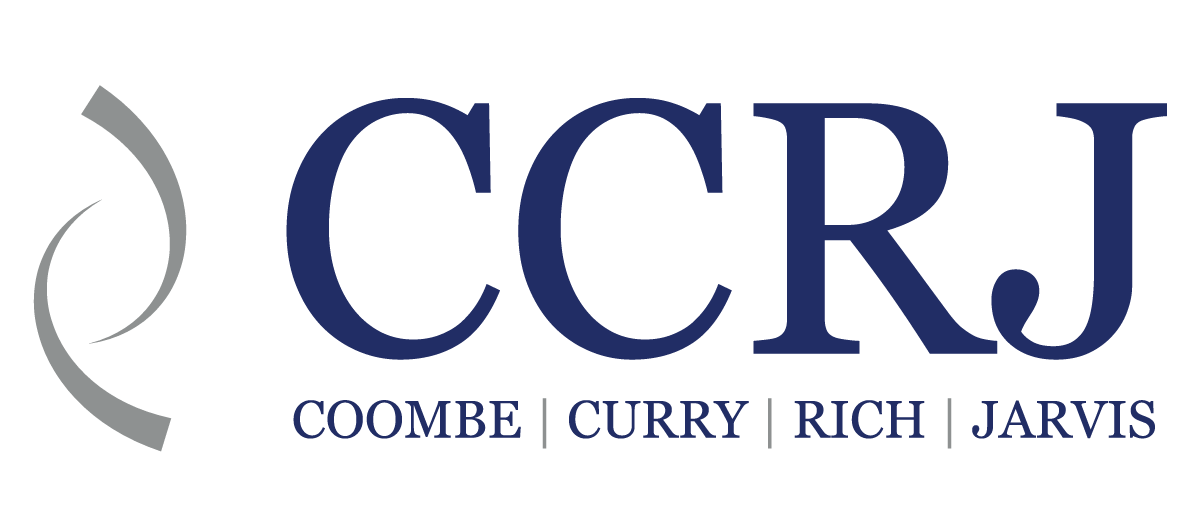When setting up a trust, one may wonder if the beneficiary of that trust will have to pay taxes on any distribution from said trust. The answer is yes, distributions from a trust are taxed. Your next question might be how are distributions taxed? Well, it depends.
The factor that determines if a beneficiary will need to pay taxes when receiving a distribution from a trust is the source of the distribution – did the money come from the trust’s principal or from the income the trust has accumulated.
Distributions From Trust Income
When a portion of a beneficiary’s distribution from a trust or the entirety of it originates from the trust’s interest income, they generally will be required to pay income taxes on it, unless the trust has already paid the income tax. However, beneficiaries will be subject to individual income tax rates as opposed to trust income tax rates, which are higher.
Any interest income the trust distributes to beneficiaries can be deducted from the trusts’ taxes. On the other hand, any interest income it does not distribute before the close of the year usually will be subject to trust income tax rates.
Distributions From Trust Principal
When a portion of a beneficiary’s distribution from a trust or the entirety of it originates from the trust’s principal, the IRS assumes that taxes had already been paid on it by the settlor before it was transferred into the trust, resulting in the beneficiary not having to pay any additional taxes on it. For example, if real estate is transferred from a trust to a beneficiary, the distribution would be considered as originating from the principal, and the beneficiary would not pay taxes on the distribution.
Tax Forms Required for Distributions
Trustees will need to submit a completed 1041 form (i.e., a trust income tax return) to the IRS in order to deduct from the trust’s taxable income the income it distributed to beneficiaries. They will also need to complete a K-1 form for each beneficiary, which details how much of the beneficiary’s distribution came from income versus principal, and provide it to them so they can use it to file their personal tax return, as well as to the IRS so the agency can ensure the amount the trustee deducted on the 1041 form is accurate.
If you are interested in creating a trust, or if you have any questions about a trust, please contact Anne K. McMichael at [email protected] and/or by telephone at 303-572-4200.
Sources: https://www.irs.gov/instructions/i1041; https://www.novoco.com/sites/default/files/atoms/files/colorado_ccr_201-2_121818.pdf

